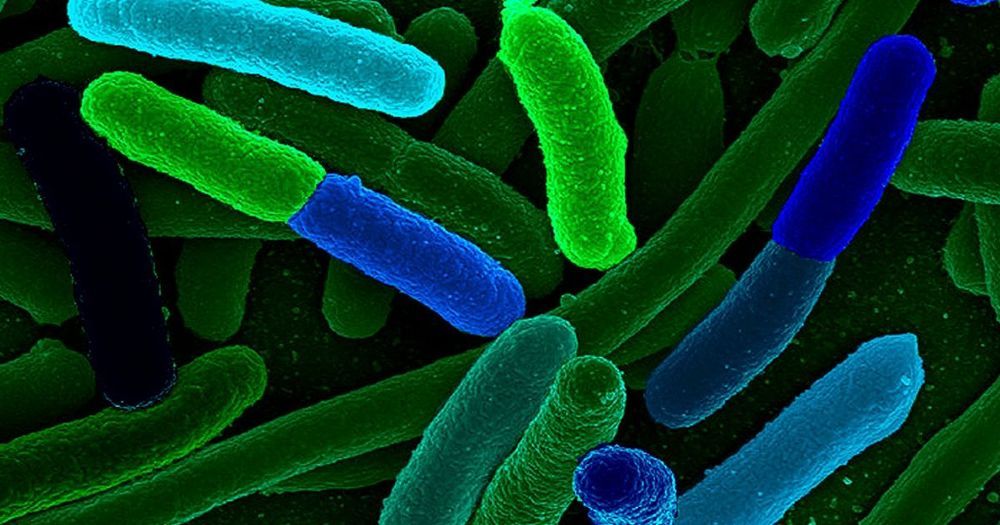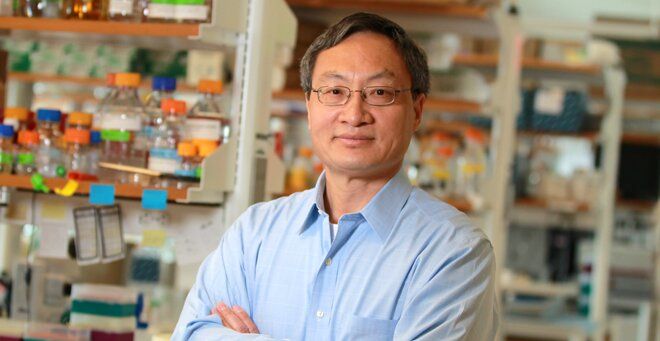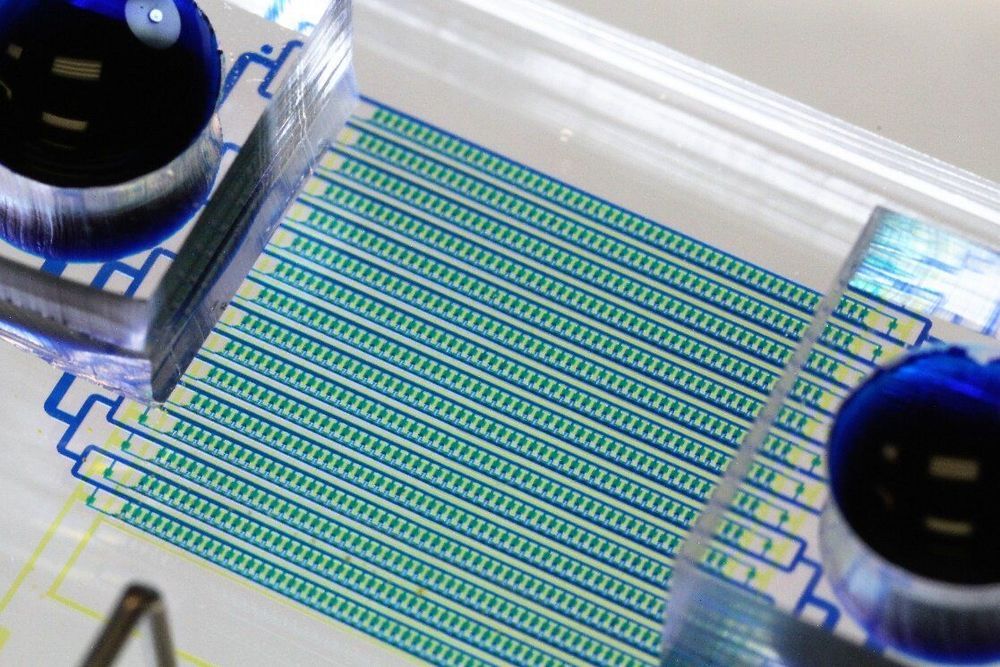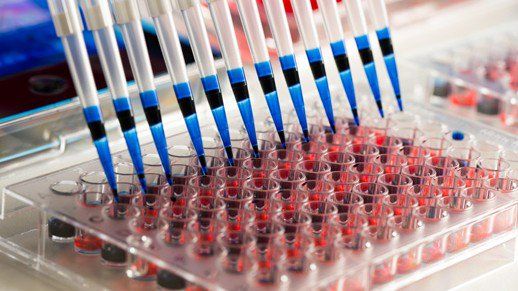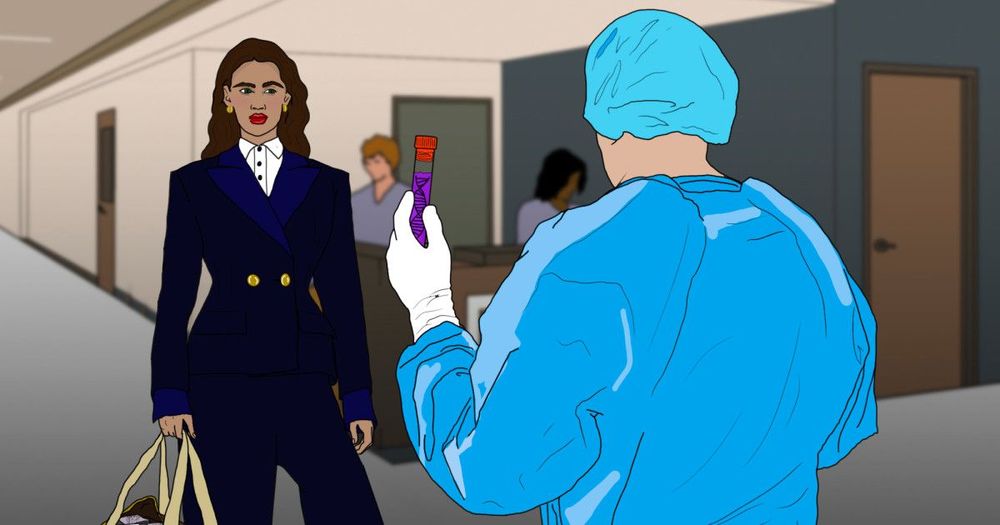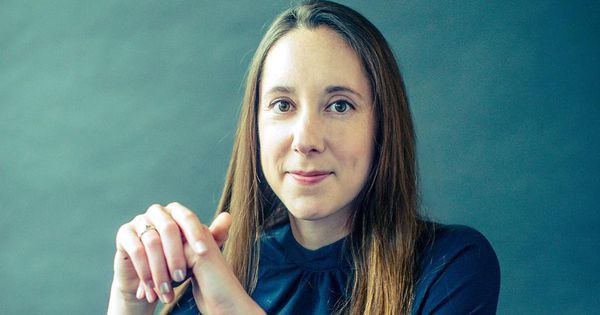Your mother was right: Broccoli is good for you. Long associated with decreased risk of cancer, broccoli and other cruciferous vegetables—the family of plants that also includes cauliflower, cabbage, collard greens, Brussels sprouts and kale—contain a molecule that inactivates a gene known to play a role in a variety of common human cancers. In a new paper published today in Science, researchers, led by Pier Paolo Pandolfi, MD, Ph.D., Director of the Cancer Center and Cancer Research Institute at Beth Israel Deaconess Medical Center, demonstrate that targeting the gene, known as WWP1, with the ingredient found in broccoli suppressed tumor growth in cancer-prone lab animals.
“We found a new important player that drives a pathway critical to the development of cancer, an enzyme that can be inhibited with a natural compound found in broccoli and other cruciferous vegetables,” said Pandolfi. “This pathway emerges not only as a regulator for tumor growth control, but also as an Achilles’ heel we can target with therapeutic options.”
A well-known and potent tumor suppressive gene, PTEN is one of the most frequently mutated, deleted, down-regulated or silenced tumor suppressor genes in human cancers. Certain inherited PTEN mutations can cause syndromes characterized by cancer susceptibility and developmental defects. But because complete loss of the gene triggers an irreversible and potent failsafe mechanism that halts proliferation of cancer cells, both copies of the gene (humans have two copies of each gene; one from each parent) are rarely affected. Instead, tumor cells exhibit lower levels of PTEN, raising the question whether restoring PTEN activity to normal levels in the cancer setting can unleash the gene’s tumor suppressive activity.
Read more
